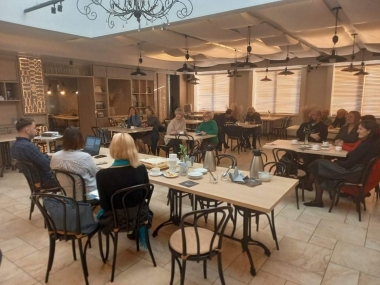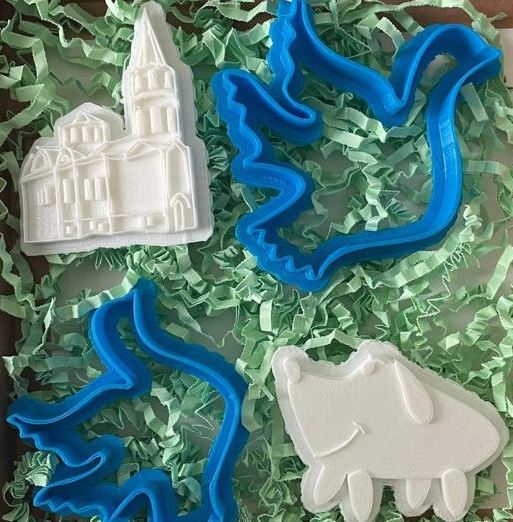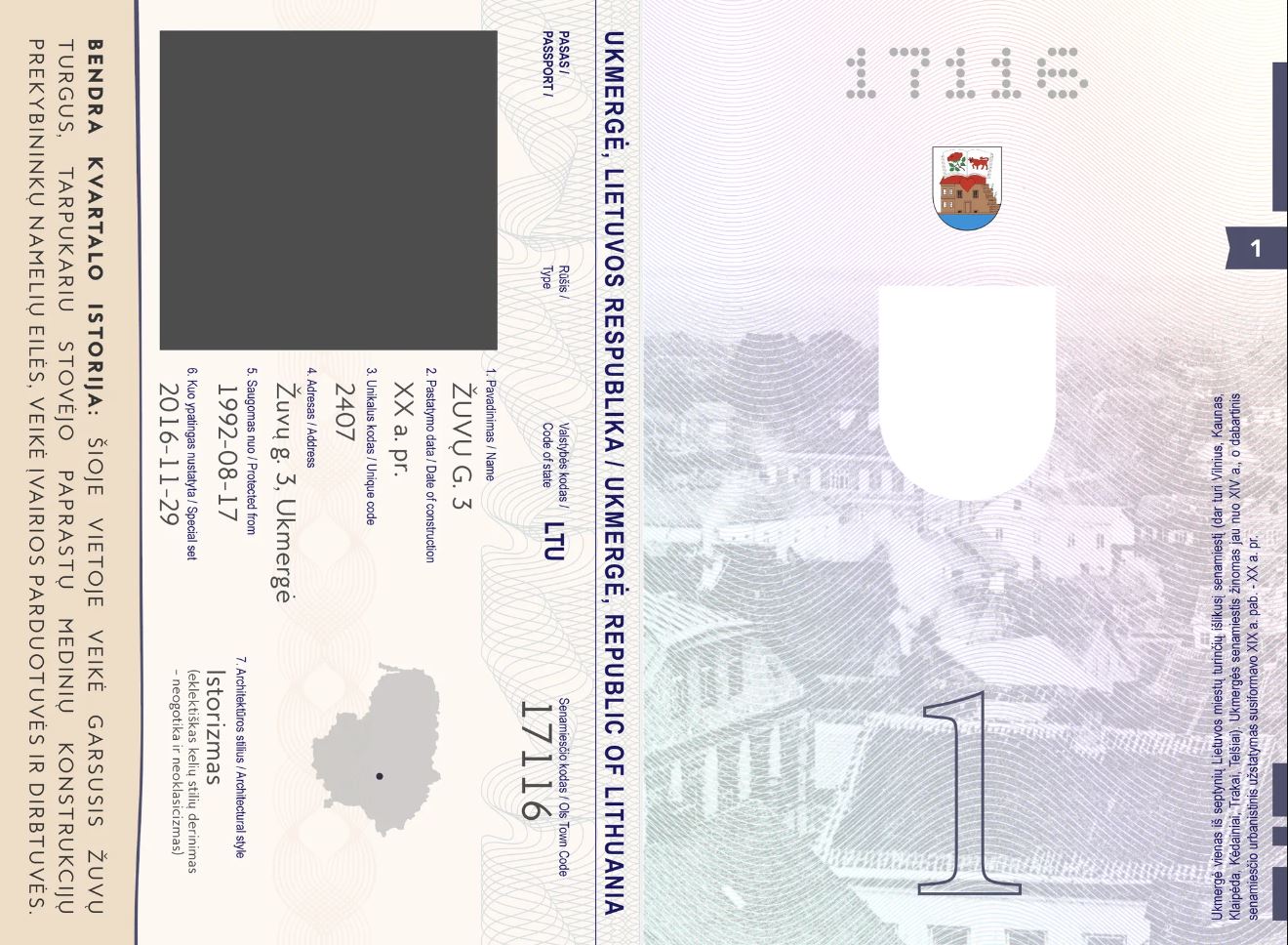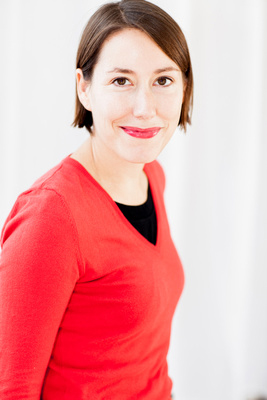A history of ULG Meetings and small-scale actions in Ukmergė by the Ukmergė Team
Edited on
22 July 2022The URBACT Local Group of Ukmergė met throughout the KAIRÓS project to discuss various themes that characterise the KAIRÓS intervention area (following the 5 pillars that structure the contents of the project).

The agenda of the meetings included the following items:
- Lessons learned from the transnational thematic workshops
- Thematic lecture by the expert(s) related with the topic of the meeting (Space, Attractiveness, Economy, Social cohesion, Governance)
- Insights from institutions related to topic of the meeting
- Presentation of small-scale survey results related with the topic of the meeting
- Discussions, questions, insights
The Ukmerge Team raised awareness on the importance of preserving cultural heritage in the city’s Old Town and conducted small-scale resident surveys prior to each of the ULG thematic meetings. These helped to measure the citizens’ opinion on the cultural heritage as an opportunity for sustainable social development; the attractiveness of the Old Town of Ukmergė as well as business opportunities in the Old Town of Ukmergė. The results of the surveys showed that respondents acknowledge which buildings are the most important elements of the area. Passport of buildings were created and given to the people, living in cultural heritage buildings. The passports were dedicated to specific parts of the Old Town, Vilnius str., Kęstučio sq., Pakalnės str. And included:
- A short description of the space;
- A list of relevant legislation;
- Technical specifications of the construction (how to manage with wood, masonry, metal, etc.);
- Historical facts (who lived here, when the building was built, exclusiveness)
Also the idea to combine the taste and smell of Old Ukmergė was mentioned during the first stakeholders meeting in Ukmergė (Ist Phase of the KAIRÓS project), back in 2019 November. With this small-scale action the idea was turned into concrete action, during which the community was in engaged and students created sense-based souvenirs (e.g., different shape cookies (pigeons, dog “Keksas”, other visible small architecture objects in Ukmergė).


 Submitted by Dorothee Fischer on
Submitted by Dorothee Fischer on
